New ideas, that's how humanity progresses. Not every new idea is correct or useful. But not to even consider them is just being pigheaded. Intellectual debate is about proposing new ideas and then defending them while others try to pick them apart.
Little of this went on in the Kölsch debate. No, that's not quite accurate, there was no intellectual debate. "Top-fermenting means Ale, you idiot." was about as far as the arguments got. "we're right, so you must be wrong." No-one bothered to consider questions like:
- "Why do we classify all top-fermenting beers as Ales?."
- "When did we start doing this?"
- "Who started doing this?"
- "Why did we start doing this?"
- "What connection is there between German top-fermenting beers and British Ales"
- "Should the name of a specific group of British beers be used as a general term for top-fermenting beers?"
- "Is this an accurate and helpful method of classification?"
- "What alternative systems of classification are possible and would any of these be more historically accurate and less confusing?"
I don't know all the answers. Which is how it should be. Once you have no unanswered questions, you're an intellectual corpse. Here are my attempts to answer my own questions:
"Why do we classify all top-fermenting beers as Ales."
- Because the word Ale has a single syllable.
- Because the definitions were coined by English speakers.
"When did we start doing this?"
- I believe in the 1970's, but I'm not certain. Older British brewing texts don't use Ale as an all-encompassing term. Wahl & Henius, wrting just after 1900, didn't either. I need to check some more recent technical books.
"Who started doing this?"
- Zythophile suggested it was Michael Jackson who initiated it. I'm not sure if this is true or not. More research is needed.
"Why did we start doing this?"
- Not sure about this one. Laziness is my best guess.
"What connection is there between German top-fermenting beers and British Ales"
- Very little, if any. Beers like Berliner Weisse or Kölsch developped over centuries in Germany and were not directly inspired or influenced by British Ales, something which isn't true of all Belgian beers.
"Should the name of a specific group of British beers be used as a general term for top-fermenting beers?"
- I would argue no, because it destroys the original, well-defined usage of the word.
"Is this an accurate and helpful method of classification?"
- Again, I would argue no, as it lumps together beers which have none but the vaguest and most general connection. It implies a relationship which does not exist. In that respect, it's confusing and unhelpful.
"What alternative systems of classification are possible and would any of these be more historically accurate and less confusing?"
- I would say yes. But then I would do. See my earlier post proposing a classification of German top-fermenting styles.
Feel free to answer any of these questions yourself. Unlike some others, I am open to persuasion by reasoned argument.
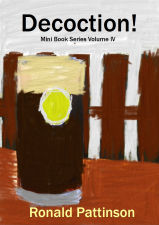



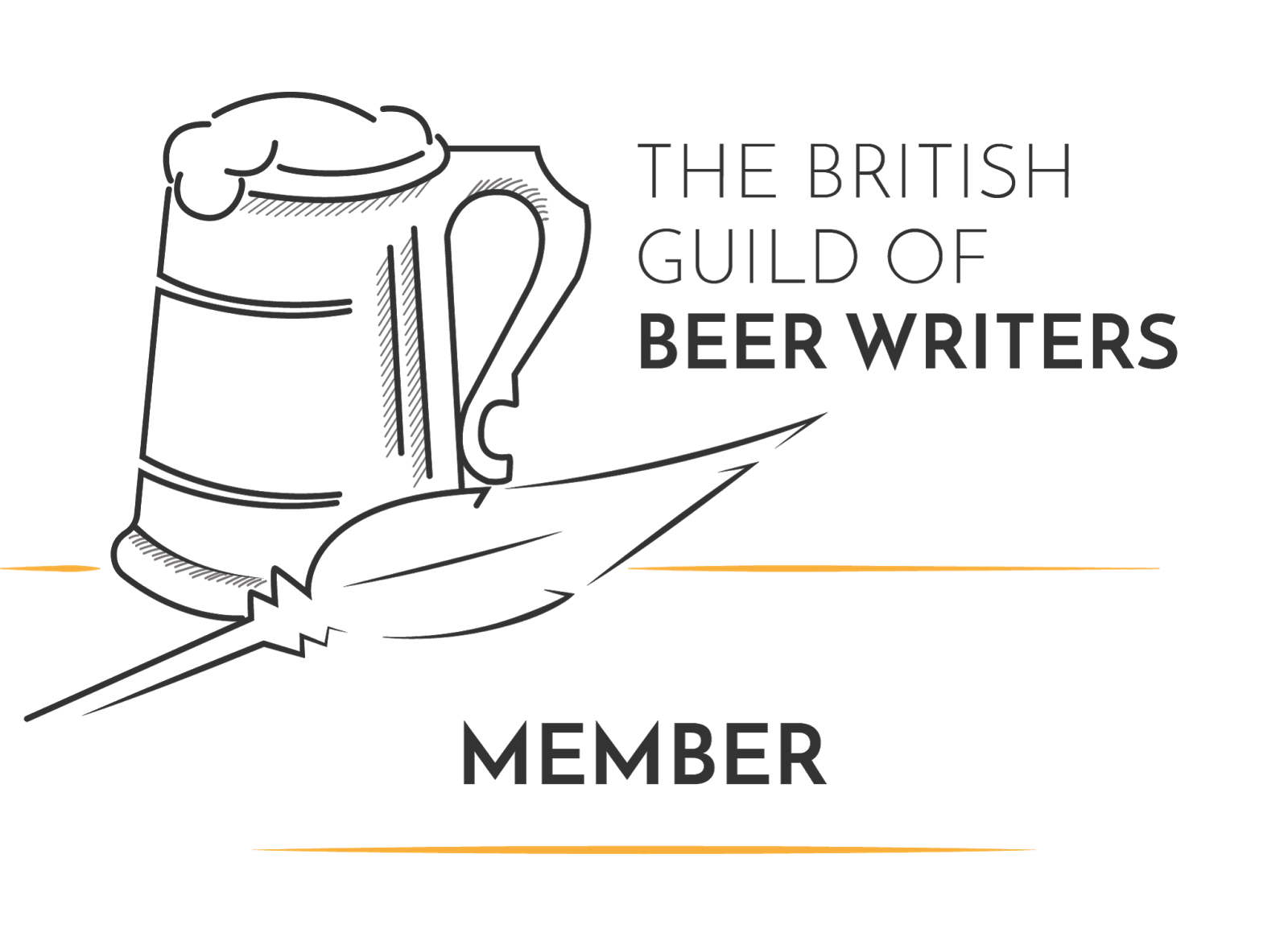









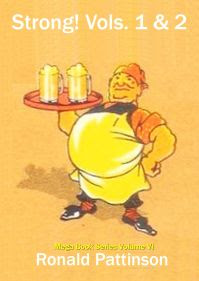


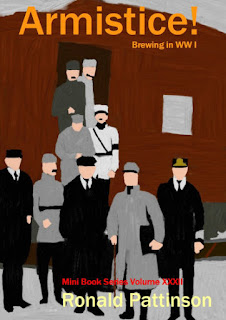








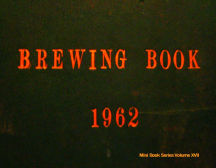
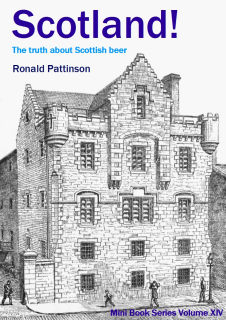
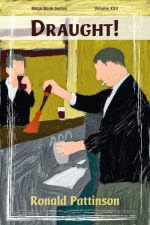

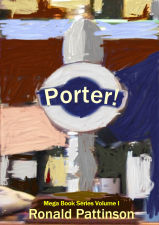



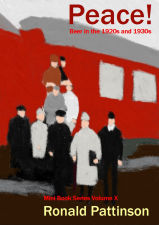



































12 comments:
Just read the Kölsch debate.
I thought Zythophile made a nice clarifying comment about stouts and ales and yet it too was completely ignored. (I must admit to not knowing who Z is)
I always used to think BJCP guidelines and such were harmless and even helpful shorthand for conversation -now I am not so sure.
I always get a kick out of the homebrewer who has talked to real German brewers who called their Kölsch an ale. Firstly I doubt they ever talked to a brewer, secondly it defies probablity or belief that they stopped and had an actual conversation as to whether Kölsch is an ale or a lager.
Reminds me of a fellow homebrewer who informed me my mild wasn't a mild because its OG was two points to high for the style.
I don't have all the answers either and some more research is necessary. But just doing a little bit of digging into the origin of the word Ale leads me to believe that it had nothing to do with the type of yeast used at all. For all we know the Old English origin "ealu" may have simply meant intoxicating drink.
But somehow here we are in 2008 and "Beer with top fermenting yeast = Ale with no exceptions" has become dogma.
Strange.
Matt, Zythophile's point was a good one and, as you point out, totally ignored.
Any conversation with a German brewer would have been in Eglish, I bet. If that brewer has been taught top-fermenting + Ale, he might have called Kölsch an Ale. More likely, ha called it top-fermenting and the homebrewer took that as meaning Ale.
The tewats at RateBeer don't appear to have any critical faculties. Don't they find it odd that German beers should be given the name of a specific type of British beer?
It's shocking and depressing how dogmatic many of the homebrewing community seem to be. Can't think where they got it from.
I am a botanist and to me it comes down to this, are you a lumper or a splitter? When classifying family/genus/species you can take common characters and lump things together or you can look at differences and split them. When deciding to tell someone that a beer is a top-fermented historical German style or an ale over a pint, you should take into account your audience. Lumping things together dumbs it down, for better or for worse. It is not that it IS one or the other, but it can be both as long as there is understanding in the communication, as language evolves from historical meaning to current usage. So what do you want your listener to come away knowing, the true nature of it or something less than that? But,if you are drinking Kölsch with someone, I would say you have to give historical/social context because simply calling it an ale doesn't do it justice unless your audience is merely looking for the lightest beer on tap and asks what it IS.
I would not consider the clowns in that Kolsch thread to be representative of anything other than the thin wedge of Internet A-holes. Every online community has some few very loud shouters, and tons of bystanders. Regardless of topic, it really seems that the most ridiculous and strident voices monopolize conversation drowning out reasonable discussion and debate.
Whew. Just got to the end of the debate. Seems to me that that "ale" is a handy shorthand for a top-fermenting beer, but there are places where the shorthand doesn't work, Kölsch being one of them.
Rabidly insisting that Kölsch is an ale just because it top-ferments is like asking an astronomer to show space-telescope pictures of the sun rising.
I'll still refer to Kölsch as an ale, and use the word "sunrise", content with the knowledge that these terms don't really stand up to full scrutiny. But my audience will generally know what I mean when I say them.
Matt. forgot to say - Zythophile's opinion I consider to have more weight than all the other posters combined. Including me. It's Martyn Cornell.
Steve, I understand what you're saying. But I think even a lumper should separate German and British top-fermenting beers. I think adopting the word Ale to describe both doesn't aid understanding of the different brewing traditions. It does depend on the audience, of course, and I might use Ale to describe German beer to a bloke in a pub. But that wasn't who the discussion was with. Some claimed "science" was on their side.
Brendan, you're right - the most bigoted, think skinned morons dominate forums. That's one of the reasons I've moved over to blog-based discussion. It doesn't attract loud-mouthed idiots anything like as much.
beernut, Ale is a handy shorthand and I'll admit to having used it myself. But it is really being lazy and imprecise. If I go into pedant mode. I'm a bit like the tardis. I've got stuck.
Bloke-down-the-pub tends to be the most appropriate semantic level for me to operate on.
I'm all in favour of gleeful pedantry, but I do think that jumping out at people and shouting "Kölsch isn't an Ale!" is tantamount to hearing the word "sunrise" and replying with a sentence that begins "Actually, I think you'll find..."
beernut, I can't believe we haven't met. You know exactly how I talk.
My brother, now there's a real pedant. I'm just training. "Did you know that . . ." That's his catchphrase.
"Pale Ale isn't an Ale" there's a contentious statement. But I've had enough of Ale arguments.
Now Irish Ale - what is that exactly? My guess would be a relative of Mild. Or is it a top-fermenting Irish beer?
Are there any accessible brewing archives in Ireland? I'd love to take a look at some Ale brewing logs.
Funny you should mention that. After your call to arms the other day I fired off an e-mail to Heineken in Cork asking if they had a Murphy's archive and was it inspectable. I don't expect to hear back from them, however. But I might get a free Heineken pen. That would be sweet.
I had a poke through the National Archives catalogue as well but there was nothing promising. Unfortunately the big, old, extant ale brands - Smithwick's and McArdle's - are both Diageo, and you've already had a PFO from them, right? I have heard that Smithwick's is slightly lagered these days, but I'm not sure.
Smithwick's has been going at the same site in Kilkenny since 1710 so probably has a hell of an archive. Now that Diageo have decided to shut the whole brewery down, they might leave their log books behind when they move out.
According to Iorwerth Griffiths, Smithwick's were making five beers in 1900: Extra Stout, Porter, Pale Ale Butt, Premium Pale Ale and Dinner Ale. They got muscled out of the porter and stout trade by you-know-who following a strike in 1921 and afterwards made just the Pale Ale and the Premium. The former was relabelled "No. 1 Ale" in 1930, and in 1965 it was reformulated to be less bitter in preparation for being sold on draught for the first time as more-or-less the Smithwick's we now know.
Sounds like it may not always have been as mild as it is these days.
beernut, I'm so glad I asked that question. You've saved me from making a complete idiot of myself. It's clear from what you say that Smithwick's was originally a Pale Ale.
There's a strange phenomenon that you also see in Britain. As the popularity of Bitter increased at the expense of Mild, it started to take on some of its characteristics - less hoppy, maltier.
In "Die Herstellung Obergähriger Biere" the parts about English beer are fascinating. Partly because he describes the taste of Pale Ale circa 1900. He says that it's so bitter, you can't drink more than two glasses. I must get around to translating it. Modern Bitter seems really very different from its ancestors.
You might have some luck with Smithwick's brewing logs. When a brewery closes, that's when the reocrds are put in the public domain.
From the information in the Murphy's brewery history, I would suspect that at least some of their brewing records still exist.
I recently bought a copy of Iorwerth Griffiths's book. I really should try reading it, shouldn't I?
Hi Ron, I found your blog about 4 months ago and I enjoy your research into old brewing texts , the beer travels and the bashing of the BJCP org. I was once a member of the BJCP (joined in 1997) and have since had a revelation there after and stopped participating in there Twatness. I find your bashing them is most entertaining although somewhat in vain. I like your technical details about brewing because I homebrew beers that are hard if not impassible to get in Texas due to our goofy alcohol laws. In Texas, BEER can have no higher than 4% alcohol by weight or is an ale or malt laquer. So Ron in Texas an ale can be any malt beverage over 4% in alcohol content! Now bring on the Kolsch Ales!
Thanks for writing an informative and entertaining blog and keep bashing the BJCP.
Cheers
Jim
Remember There are only two kinds of beer in the world!
Beer and Lite Beer!
Post a Comment